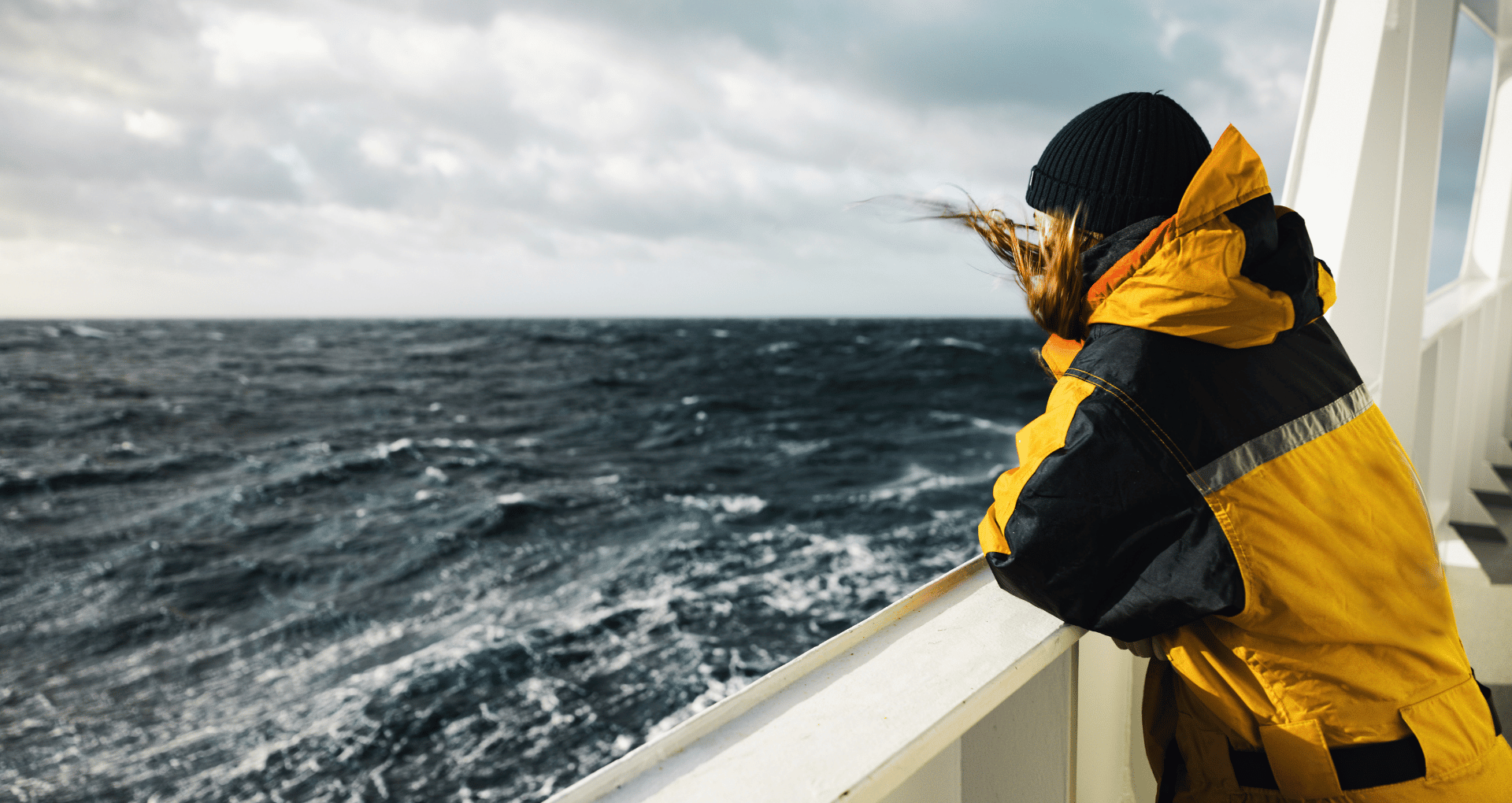News
-
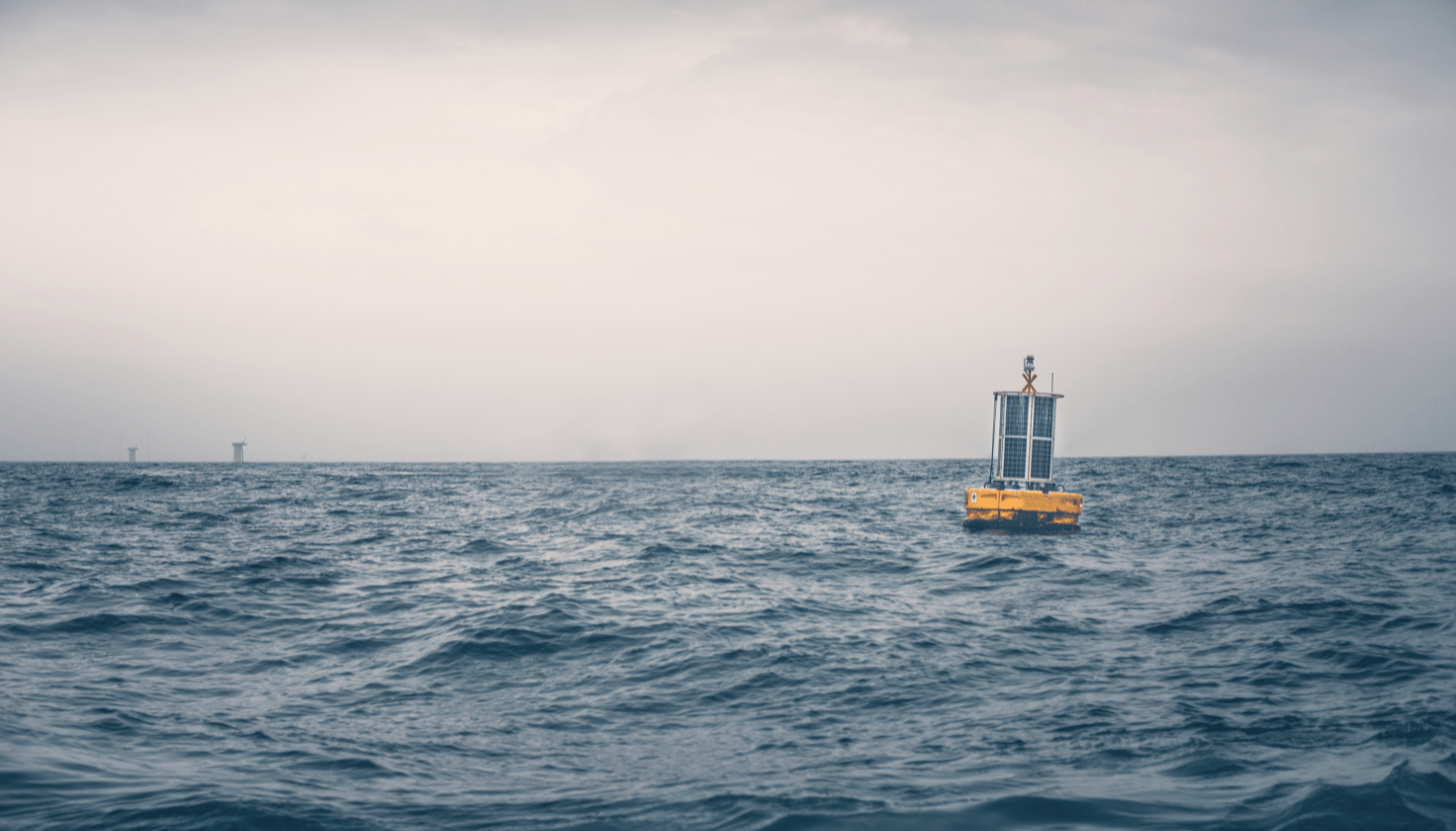
GEORGE contributes to the European Digital Twin of the Ocean by improving data quality at source
The European Digital Twin of the Ocean (EU DTO) is a flagship initiative by the European Commission aiming to create a digital replica of the ocean to help policymakers, businesses and citizens better understand, conserve and manage the ocean. GEORGE has been among dozens of other Horizon Europe projects co-designing and developing the platform. A
-
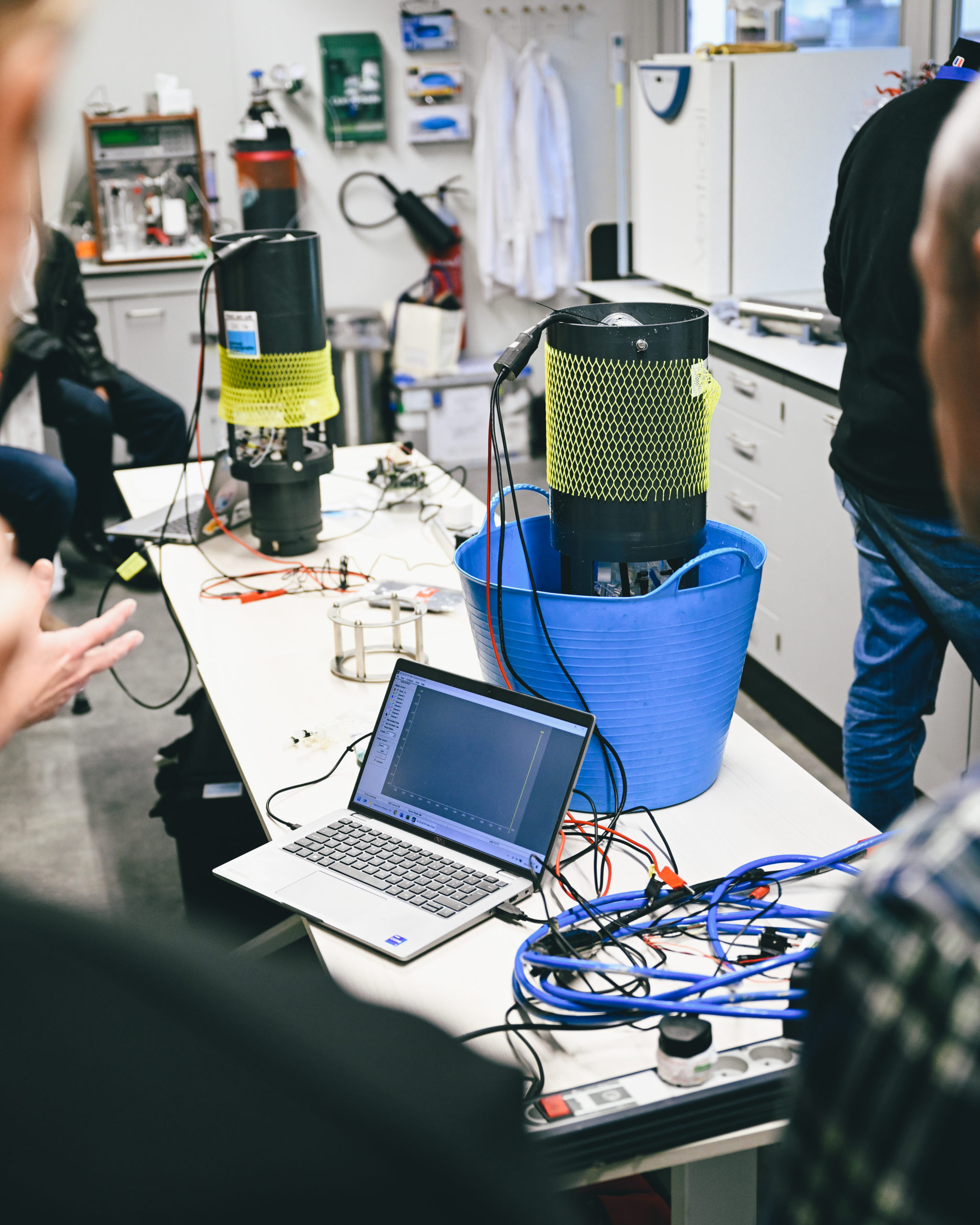
Q&A with tech developers: Total Alkalinity & Dissolved Inorganic Carbon sensors by National Oceanography Centre (NOC)
In this third part of this Q&A series, we interviewed Allison Schaap, Research Engineer at the National Oceanography Centre (NOC), who has worked on developing new autonomous sensors for total alkalinity and dissolved inorganic carbon. These sensors are currently the only ones that can measure carbon down to the bottom of the sea. Read below
-
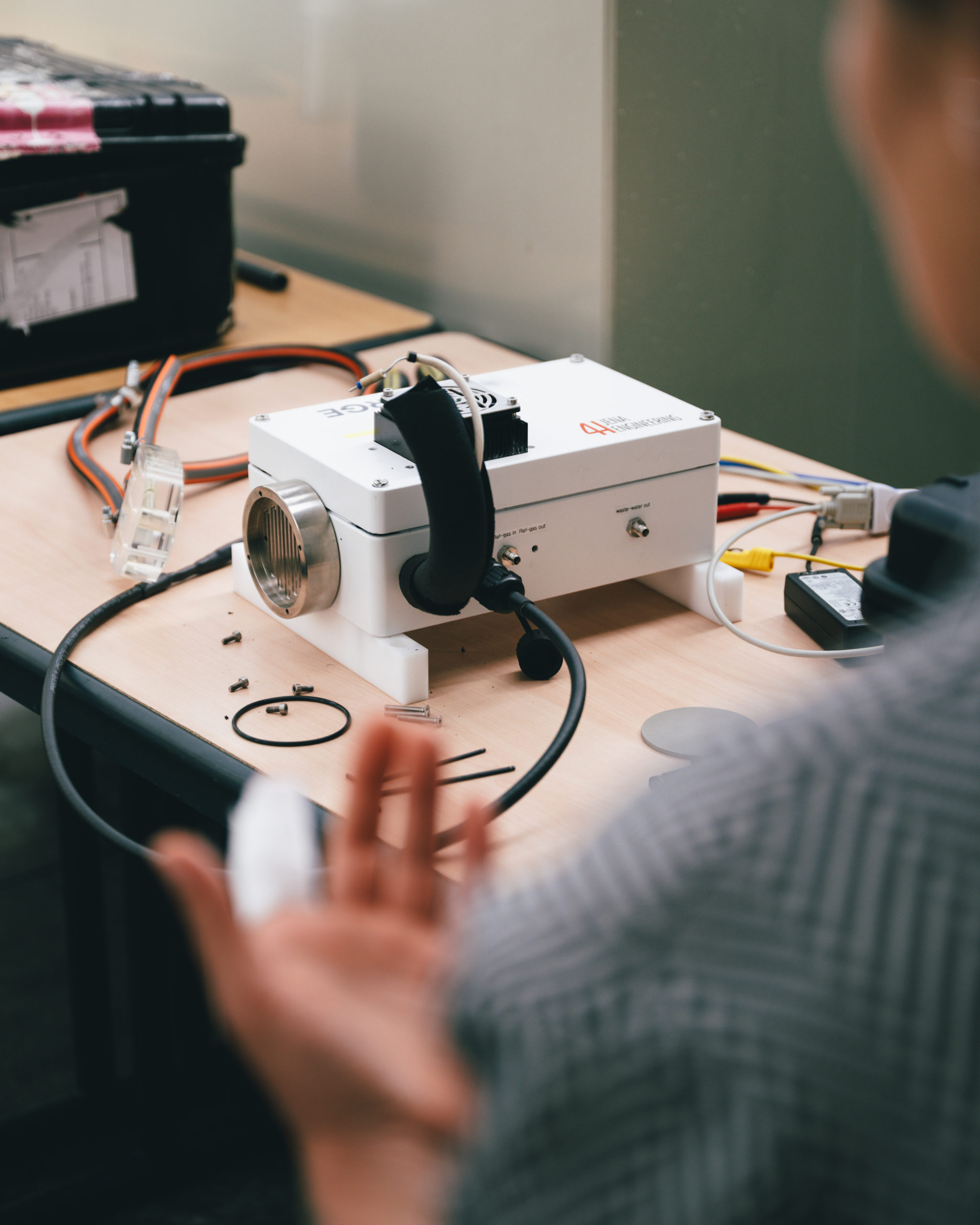
Q&A with tech developers: CONTROS HydroC CO₂ sensor developed by 4H-Jena Engineering
In this second part of this Q&A series, we speak with 4H-Jena Engineering about the development of the CONTROS HydroC CO₂ sensor, an underway system designed for high-accuracy pCO₂ measurements. The interview explores how collaboration within GEORGE has supported technical optimisation, improved robustness for autonomous deployments, and helped prepare the sensors for long-term use across
-
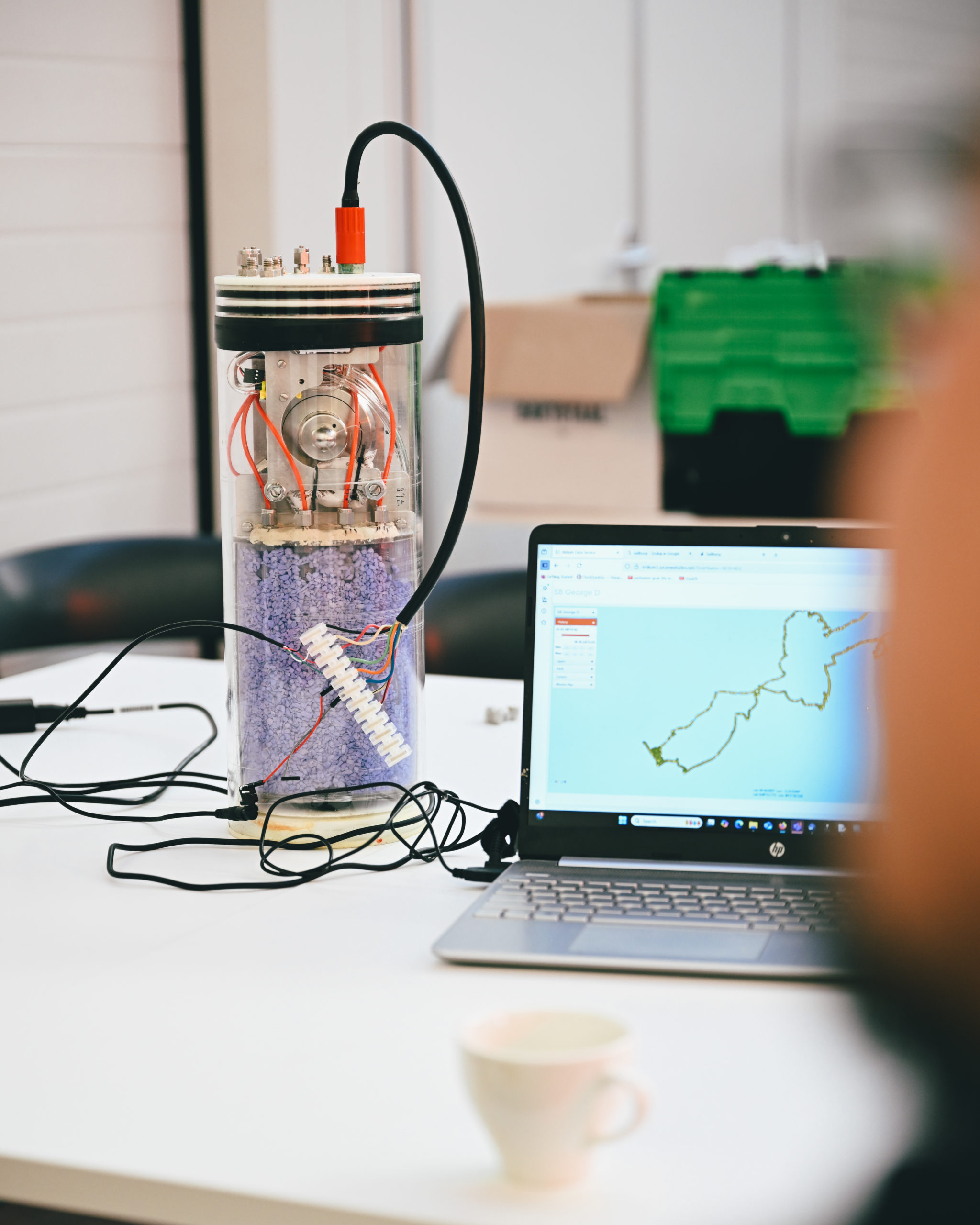
Q&A with tech developers: The CaPASOS instrument developed by University of Exeter
GEORGE brings together some of Europe’s leading technology developers in autonomous ocean carbon observing technologies. Partners such as 4H-Jena Engineering, ClearWater Sensors, the National Oceanography Centre, and the University of Exeter are developing and advancing novel technologies within the project. In the first part of this Q&A series, we spoke to Witold Tatkiewicz, a Research
-
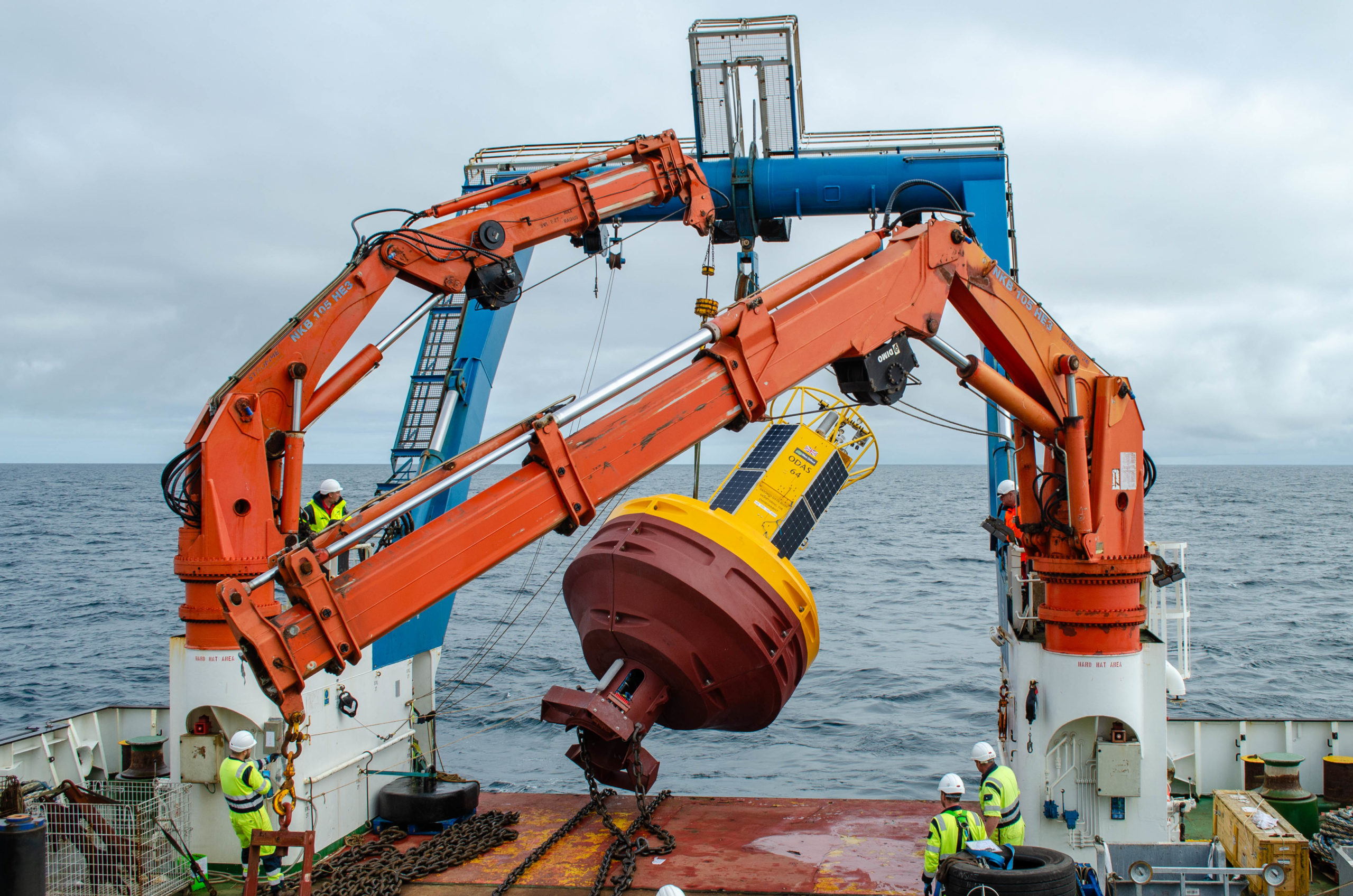
2025 in review – A year of innovation, cooperation and growing impact
Throughout 2025, the GEORGE project made significant progress in technology development, training and international visibility. The year’s news stories highlight how the consortium advanced its scientific and technical goals while strengthening cooperation within the European ocean observing community. Below is an overview of the key achievements from January to December. Progress in ocean data integration
-

The 3rd GEORGE annual meeting focused on data and upcoming demo missions
The GEORGE consortium gathered in at the UPC Universitat Politècnica de Catalunya campus in Vilanova i la Geltrú, Spain, on 11-13 November 2025, for its three-day annual meeting, bringing together partners from across Europe to review progress and plan the final phase of the project. With new sensor deployments, data management, and upcoming field missions
-

New progress in acoustic sensor deployment – contributions from GEORGE and TRICUSO projects
Acoustic sensors are valuable tools for observing wind and rain at sea, two key drivers of exchanges between the ocean and atmosphere. While passive acoustic methods have been used from moored and mobile platforms, their integration on autonomous profiling floats has been limited. Recent work by several partners within the GEORGE and TRICUSO projects has
-
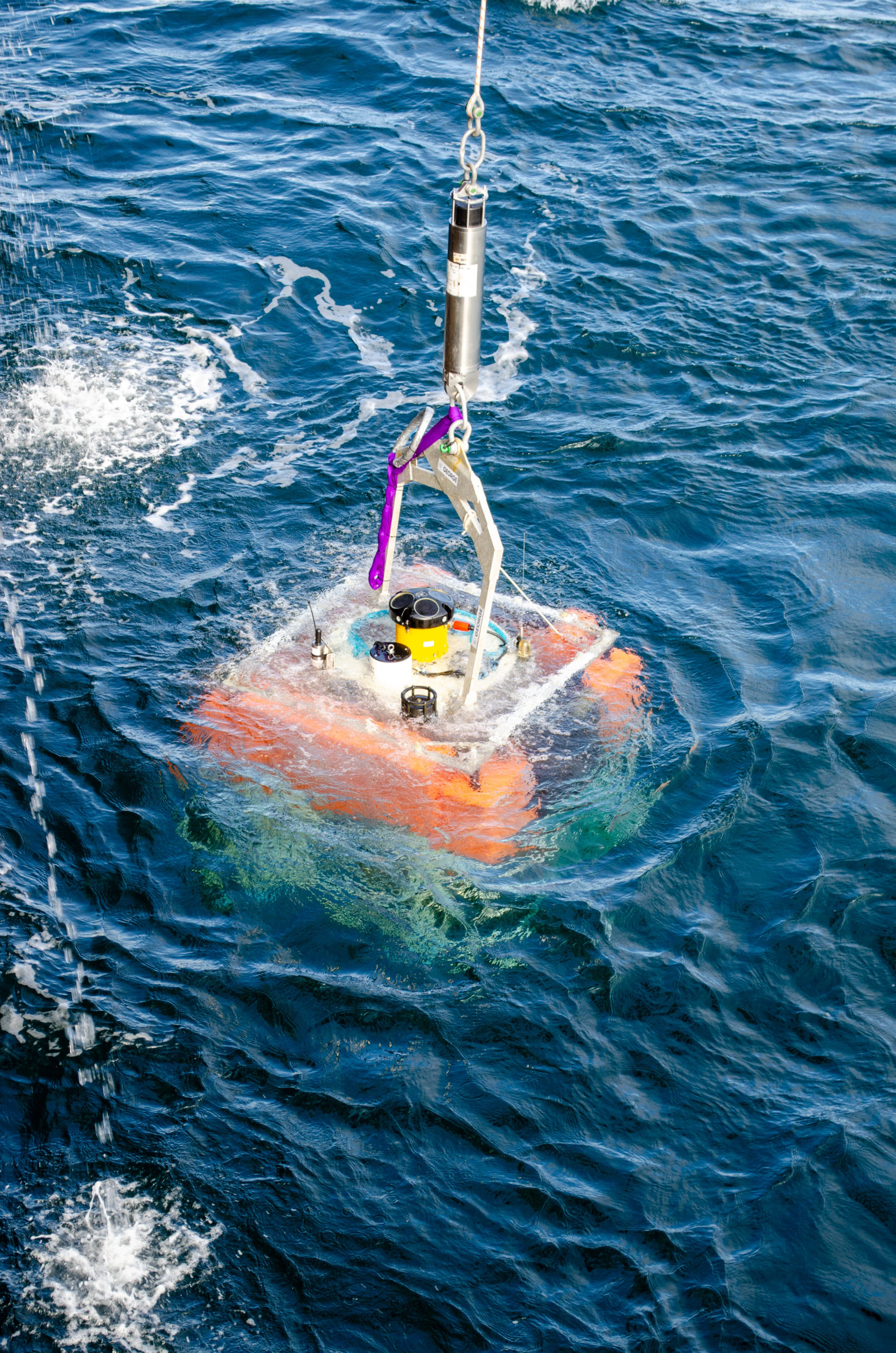
GEORGE featured as CORDIS “Project of the Month”
GEORGE has been highlighted by the European Commission’s CORDIS platform as its latest Project of the Month. This recognition places GEORGE among a select group of EU-funded initiatives showcased for their scientific relevance, innovation, and potential impact. CORDIS, the Community Research and Development Information Service, is the Commission’s central hub for communicating research results from
-
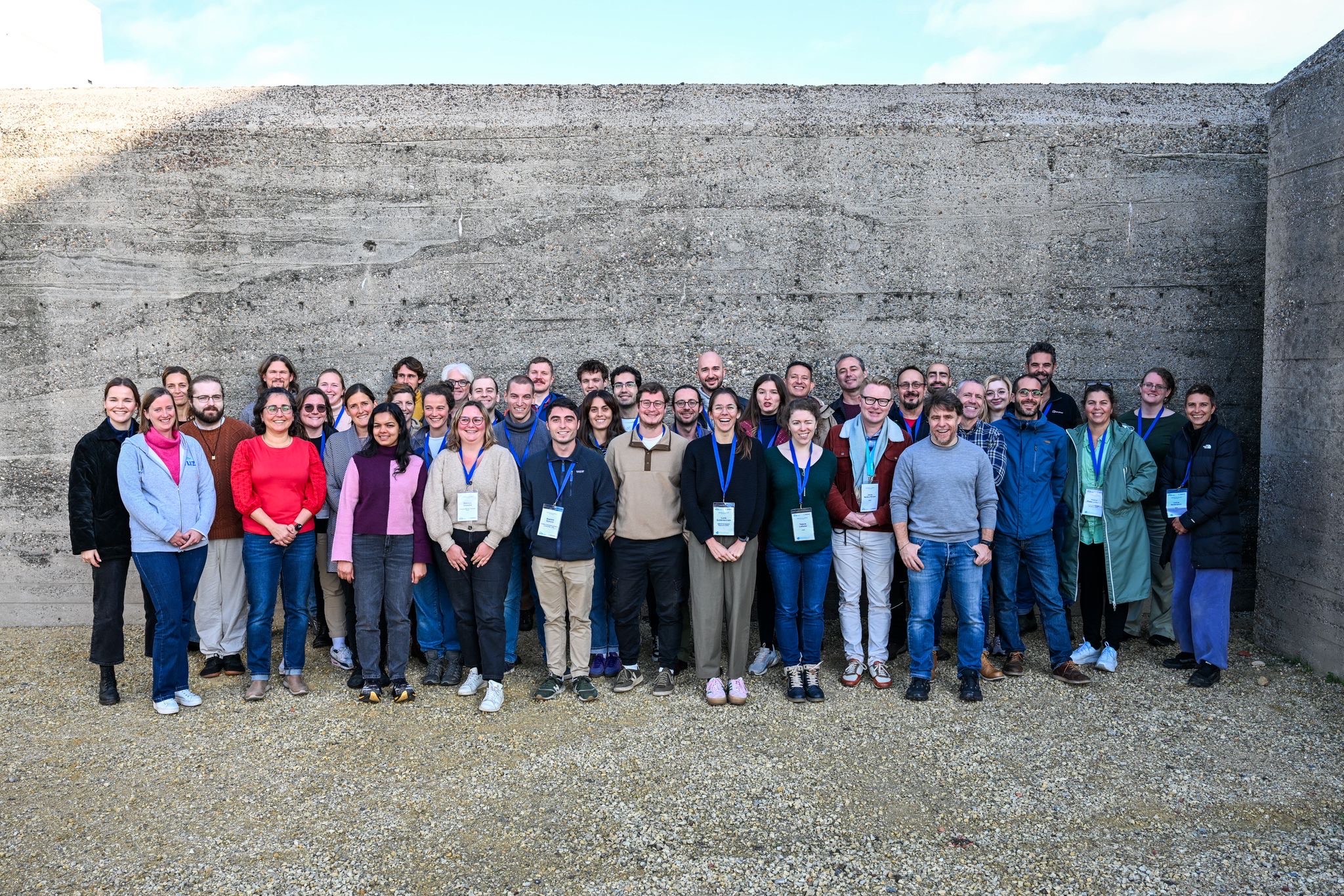
GEORGE Technical Forum II brought technology developers and users together
The second GEORGE Technical Forum was successfully organised at the Flanders Marine Institute (VLIZ) in Ostend, Belgium, from 6 to 10 October 2025. The training event brought together 32 participants and 11 sensor experts from 11 countries, representing a wide variety of backgrounds. The participants, affiliated with the three Research Infrastructures involved in GEORGE, Euro-Argo,
-
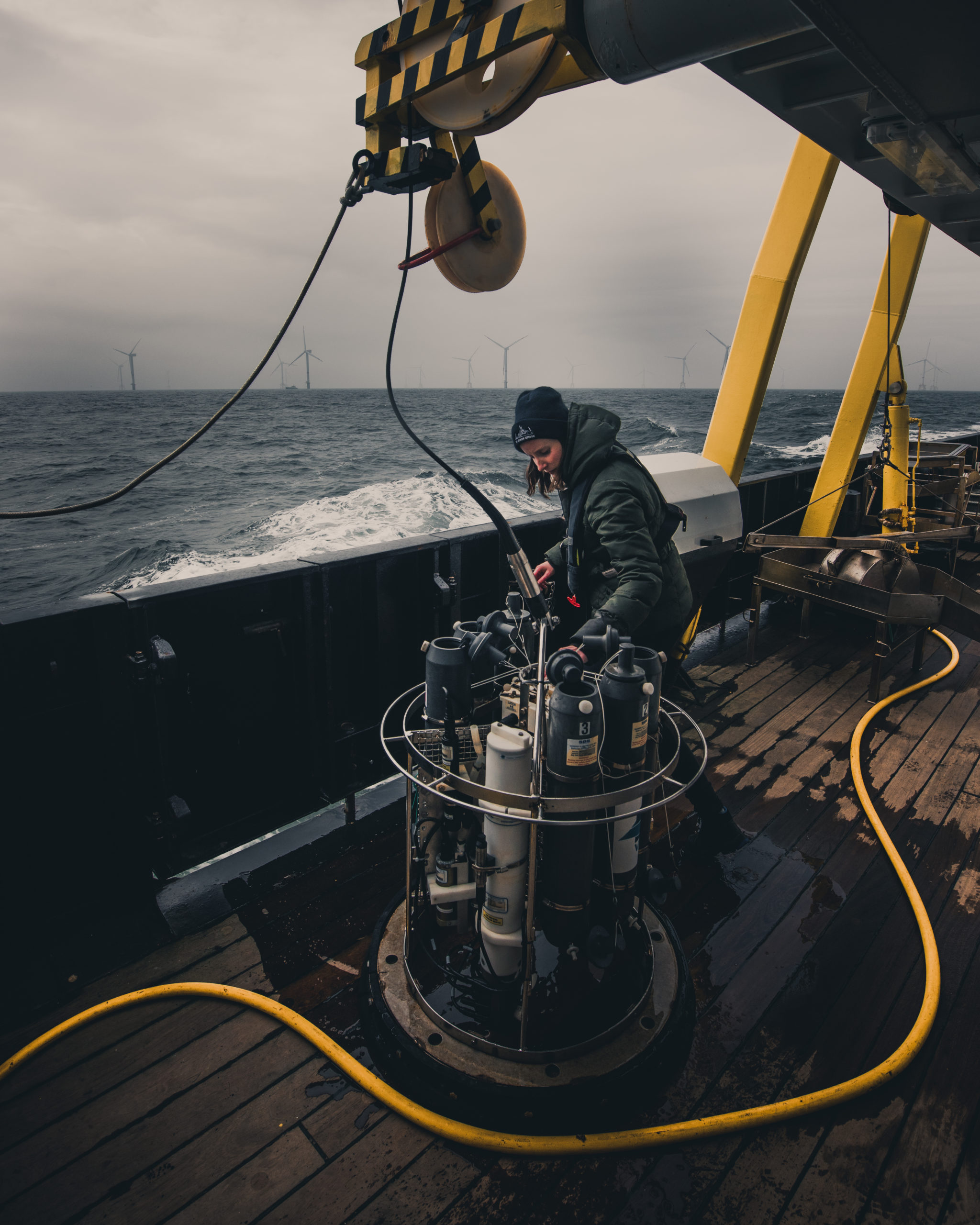
The second GEORGE Technical Forum is starts today in Ostend, Belgium
The second onsite training session of the GEORGE project, Technical Forum II: Sensors, has now begun at the Flanders Marine Institute (VLIZ) in Ostend, Belgium. The event runs from 6 to 10 October 2025 and brings together technicians, engineers and scientists from European marine research infrastructures. The application period for Technical Forum II was open
-
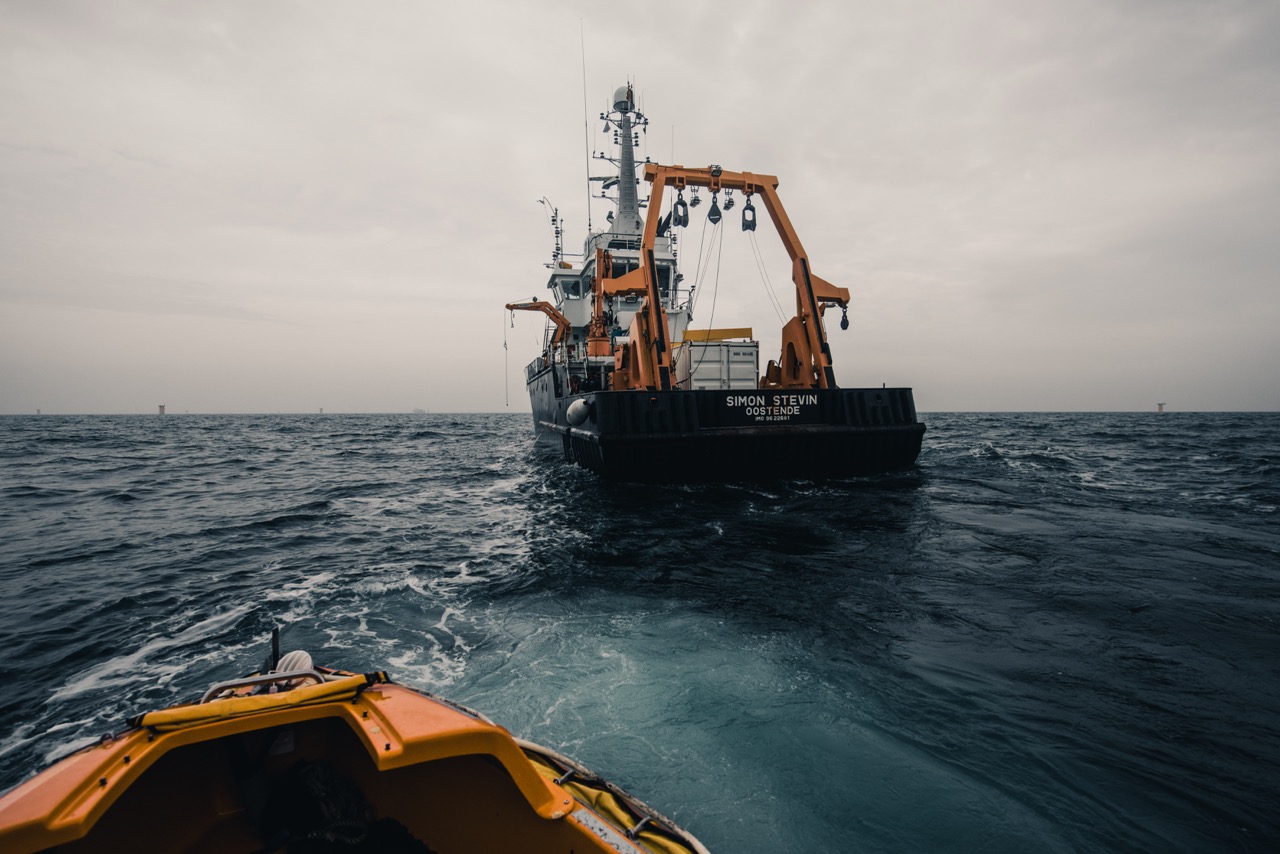
Instruments for surface ocean pCO₂ measurements compared in the largest ever intercomparison study – one method proven most reliable
The ICOS Ocean Thematic Centre has published the results of the largest intercomparison study of its kind, comparing 27 instruments used for surface ocean pCO₂ measurements, including some now optimised in GEORGE. The study provides a comprehensive comparison of the different measurement methods used by ICOS Ocean stations and other networks. GEORGE project offers an
-
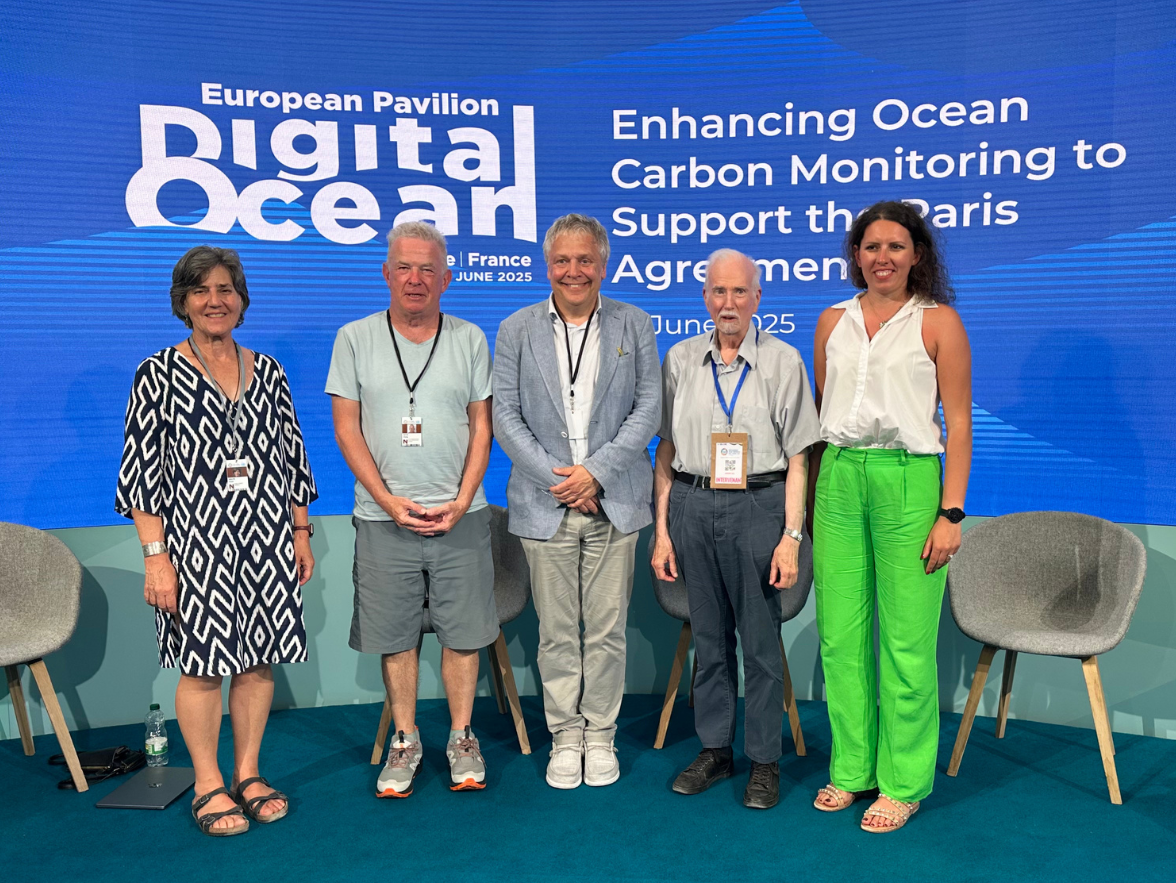
Three successful side events hosted at the 3rd UN Ocean Conference
GEORGE co-organised three successful side events at the 3rd UN Ocean Conference, organised in Nice, France beween 9-13 June 2025. The side events, all organised on 12 June, brought together hundreds of audience members on-site and online. Below is a short summary of the discussions. The first event, hosted by Euro-Argo at the European Digital
